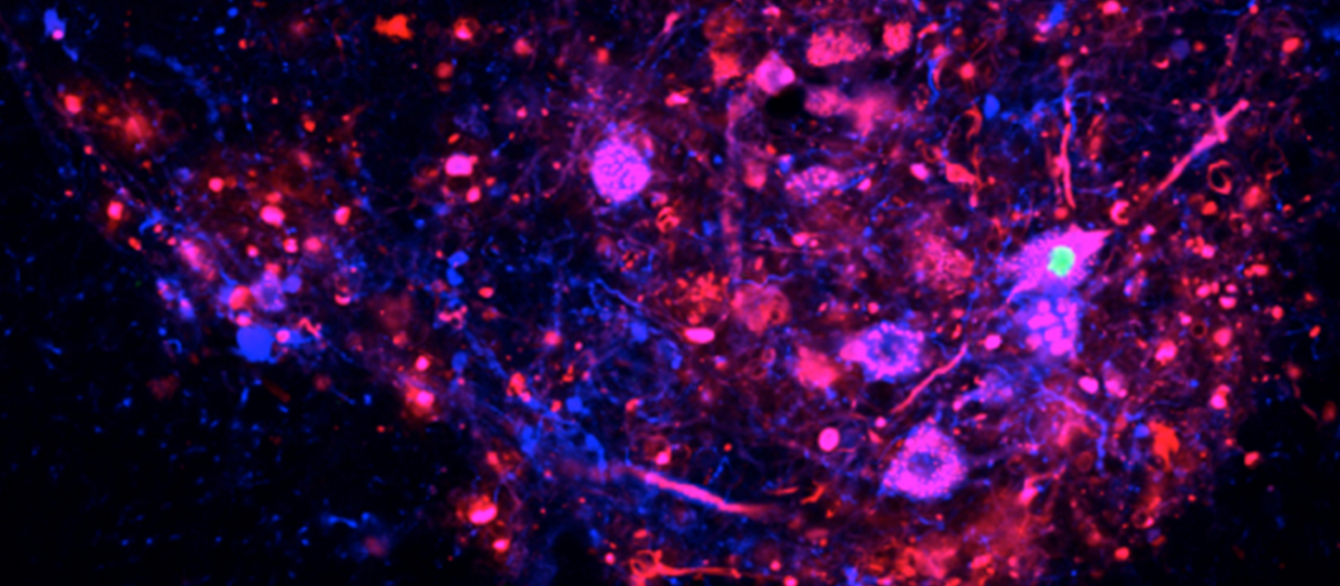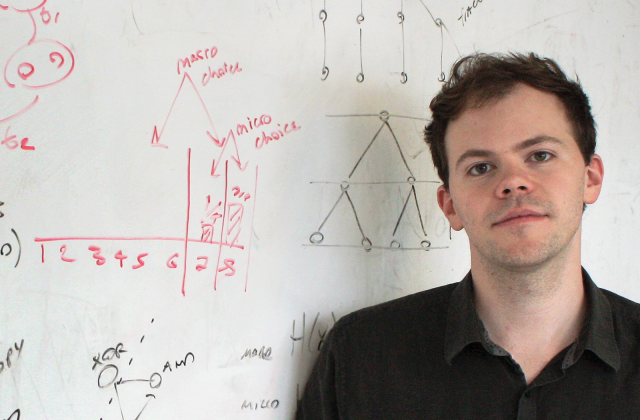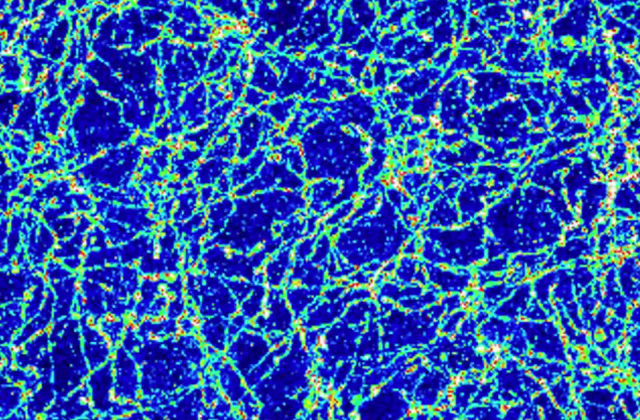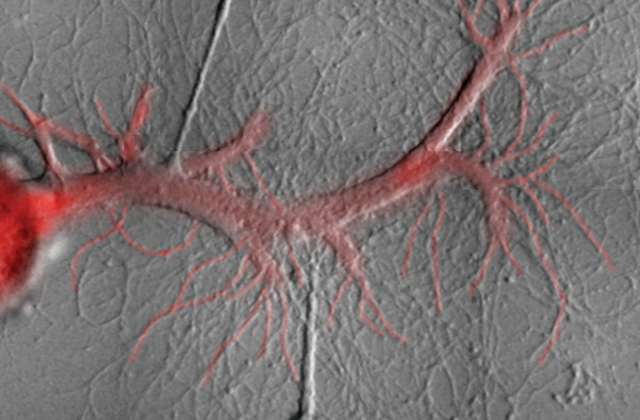Have we found a clue to treating ALS before it spreads?

Columbia scientists have discovered that autophagy, one of the body’s defenses against amyotrophic lateral sclerosis (ALS), contributes to the disease’s spread later in its progression.
ALS targets and kills motor neurons, the nerve cells that guide muscle movement, eventually spreading to other cells in the spinal cord. As ALS progresses, patients lose the ability to move, speak, and breathe on their own. In the disease’s early stages, the body works to clear out the wreckage of the motor neurons through autophagy, a process that breaks down and removes damaged parts of cells.
Using mouse models, Tom Maniatis, a principal investigator at Columbia’s Zuckerman Mind Brain Behavior Institute, and his colleagues discovered that autophagy initially keeps ALS from progressing by getting rid of protein clumps inside the damaged motor neurons. Later in the disease, however, it speeds up the spread of ALS to the rest of the spinal cord. Maniatis attributes this acceleration to adjoining cells’ inflammatory reaction to disease-causing protein tangles that may escape during autophagy.
Understanding how autophagy first slows then speeds ALS may lead to new treatments that can tackle the disease before the onset of devastating symptoms. “By the time ALS symptoms are noticeable, the disease is very far along,” said Maniatis. “If we can find ways of treating the earlier stages of disease, rather than trying to stop it after it’s full blown, it may be possible to develop more effective therapies.” Learn more.
Make Your Commitment Today



